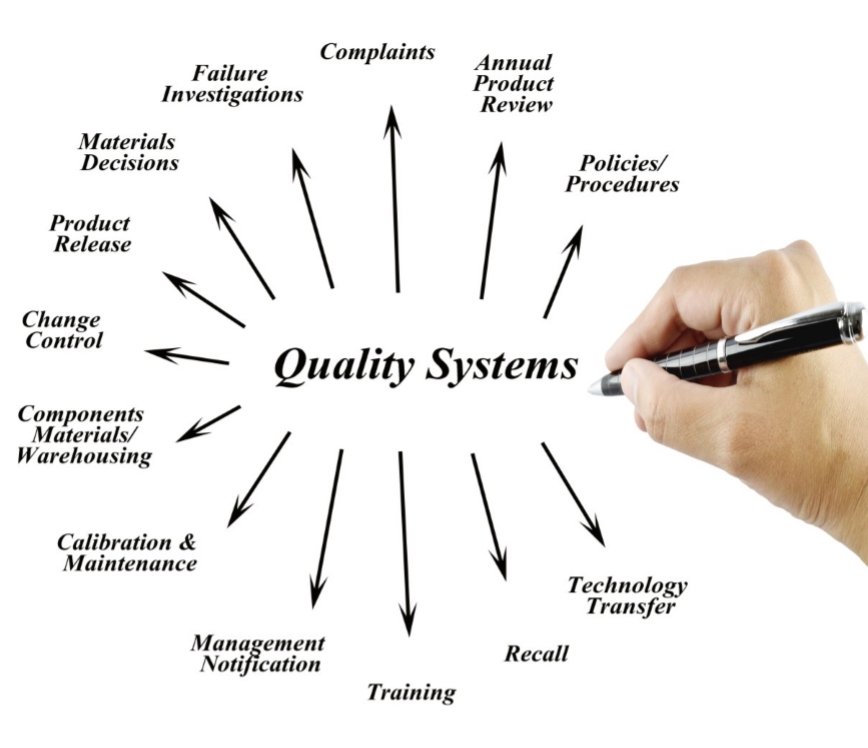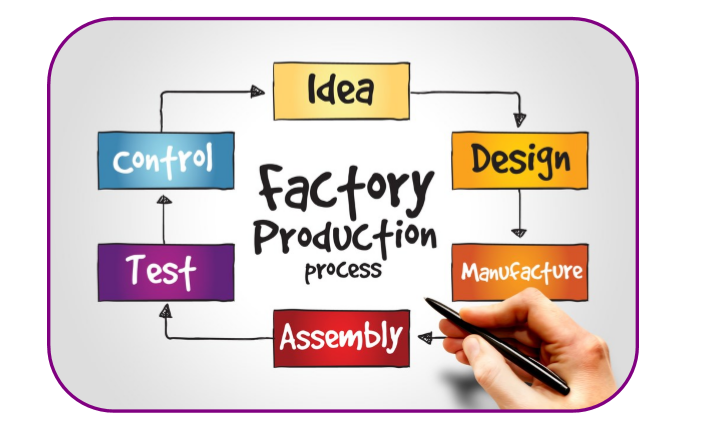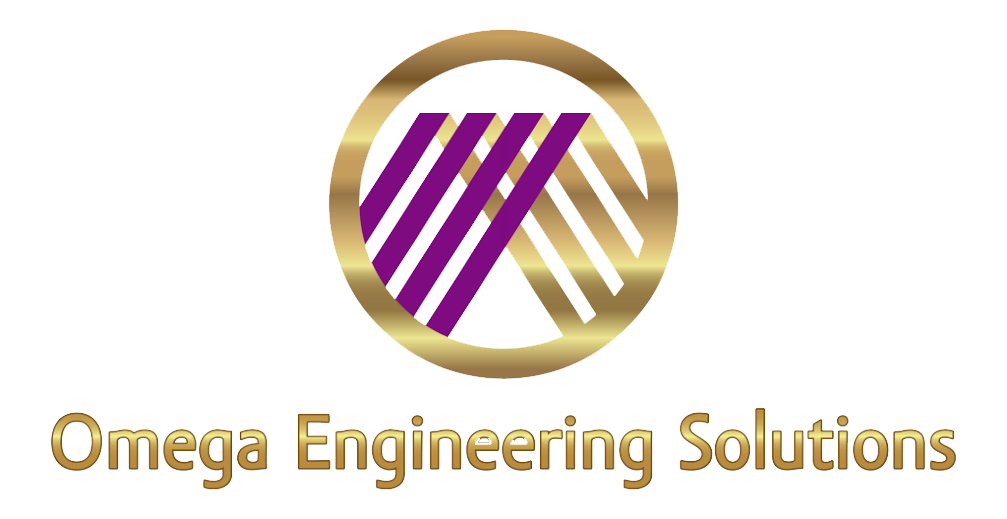Quality Operating Systems (QOS)
A strong QOS incorporated with Lean Principles leads to flawless product launches and on-going process stability. We employ a grass roots approach to the QOS: Failure Modes Effects Analysis (FMEA), Control Plans, Process Capability, Critical-to-Quality Characteristics, Error Proofing & Poka-Yokes, Reaction Plans, Process Flow, Control Point Methodology, Operator Work Instructions, Quality Measurables, and Record Retention. Robust Problem Solving is an integral part of the Omega Engineering strategy and various problem resolution techniques are used. Our approach emphasizes Root Cause analysis.


Advanced Product Quality Planning (APQP)
OES is knowledgeable in the standard AIAG process of Advanced Product Quality Planning (APQP). The objective is to produce a product quality plan which will support development of a product or service that will satisfy the customer.
Production Part Approval Process (PPAP)
OES is knowledgeable in the standard AIAG process of Production Part Approval Process (PPAP). Proper execution of the PPAP process will ensure that the component supplier has developed their design and production process to meet the client’s requirements.
Failure Modes Effects Analysis (FMEA)
Our to Failure Modes and Effects Analysis (FMEA) utilizes a step-by-step approach for identifying all possible failures in a design, a manufacturing or assembly process, or a product or service. Our Purpose for FMEA is to identify potential failure modes and rate the Severity of their effects, identify Critical and Significant Characteristics, and rank order potential design/process deficiencies. Our engineers and manufacturing team focus on eliminating product and process concerns and help prevent problems from occurring. Robust FMEA analysis will improve the Quality, Reliability, Safety, and Customer Satisfaction.


Process Capability and Statistical Process Control
Our approach to Process Capability involves measuring and understanding the uniformity of the process. We examine the aspects of the process: tolerances/specifications, control, stability, repeatability, and capability. We employ Statistical Process Control techniques for measuring and controlling quality during the manufacturing process. The quality data is in the form of product or process measurements taken in real-time during manufacturing.

Customer Concerns & Warranty Improvement
We employ an interactive data base and follow-up strategy for Customer Concerns and Warranty issues. We identify the root cause of the concern; incorporate the resolution into the Manufacturing Process Control Plan, Process FMEA, and Design FMEA. Customer Concerns are tracked daily to allow real-time implementation of corrective actions. The external customer data and internal manufacturing data are correlated to assure that we have robust customer replication in the manufacturing process.
